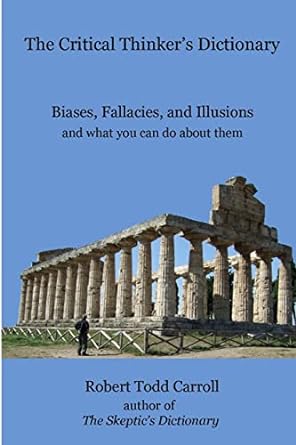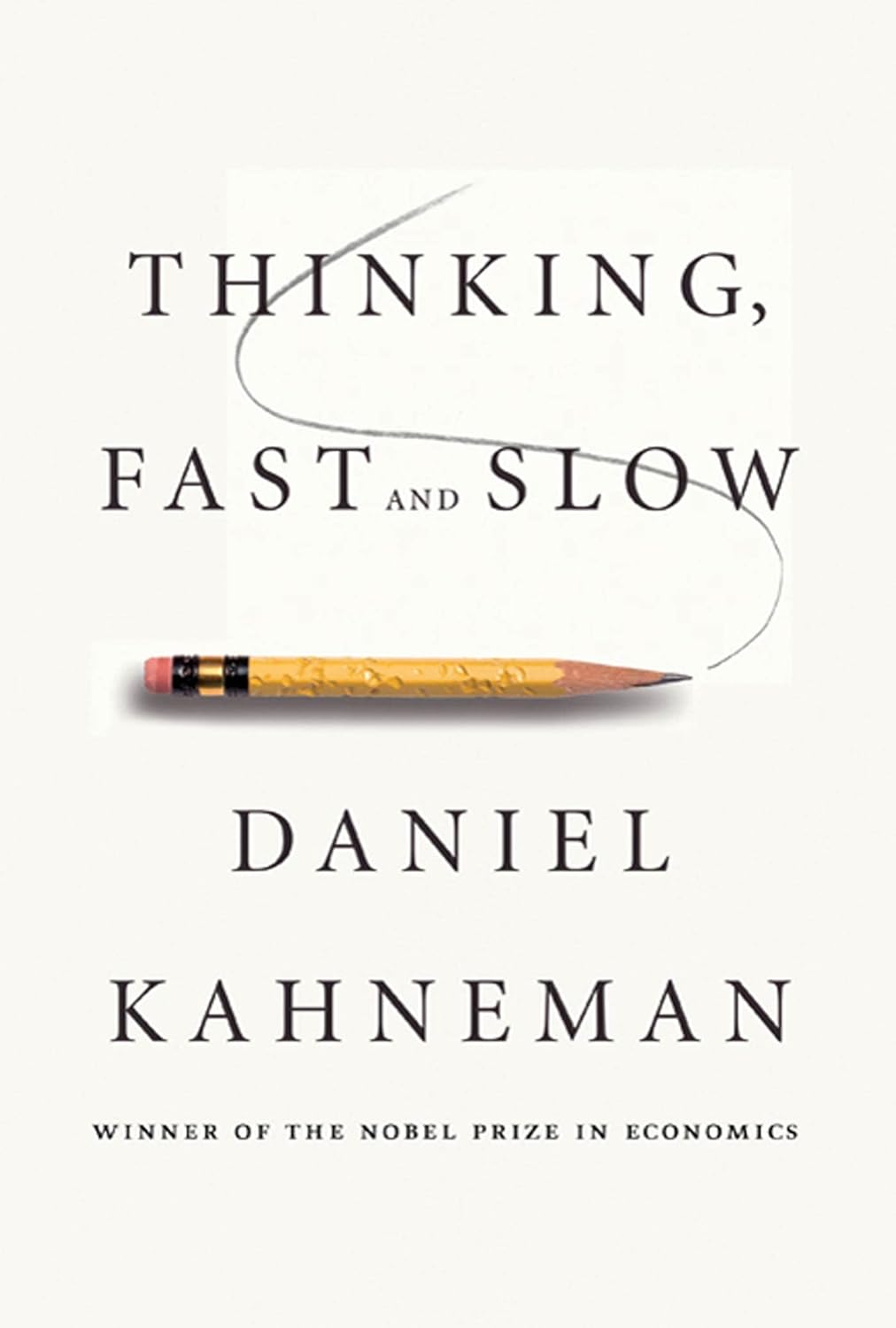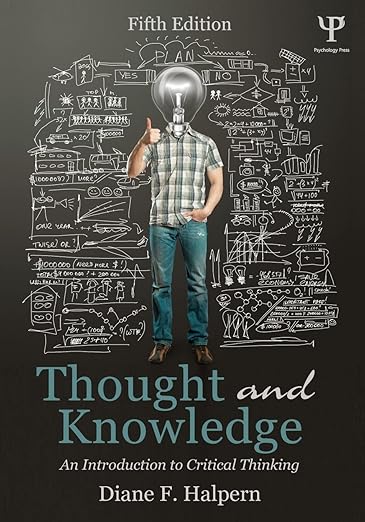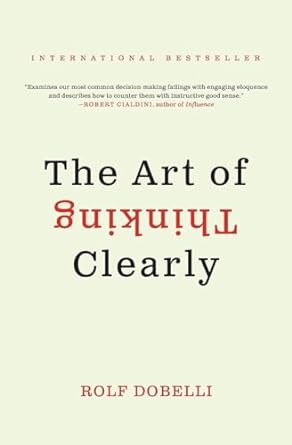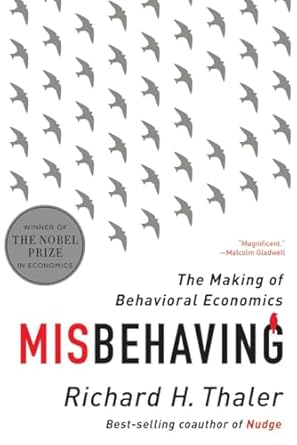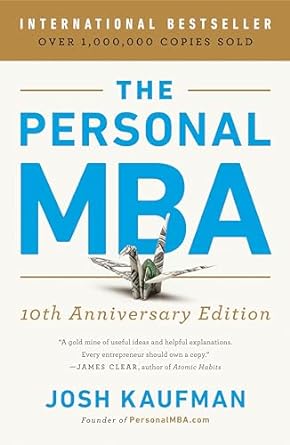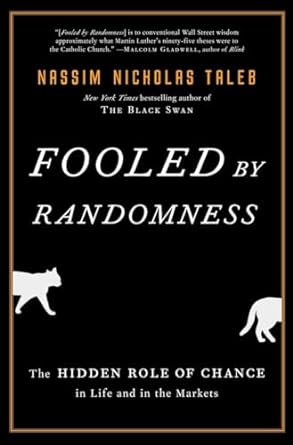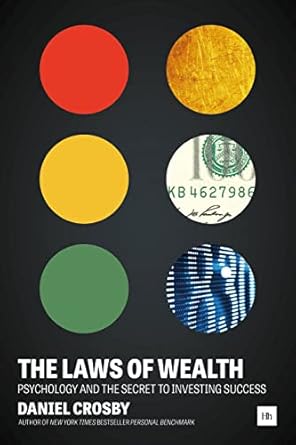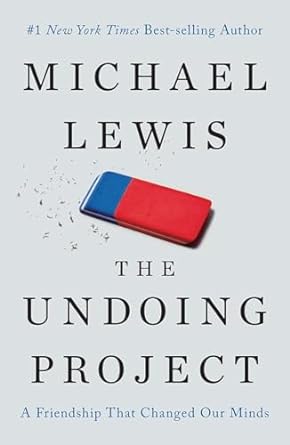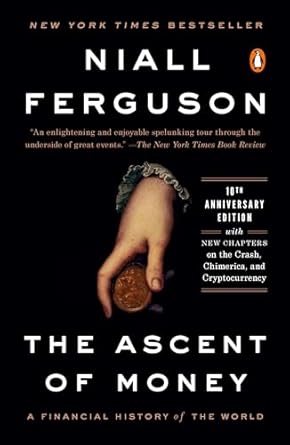Hindsight Bias
The tendency to overestimate our knowledge at the time of an event, after the fact, particularly with unpredictable events.
Key Insights & Principles
Decision Making
Insights:- Hindsight bias can lead to overconfidence in our predictive abilities, leading to poor decision making or risk taking.
- We tend to assess the quality of decisions not by whether the process of making the decision at the time was sound, but by the outcome.
- Everything seems inevitable in retrospect.
- Keep a journal: write predictions, and review against actual outcomes.
- Use lessons learned from past mistakes and focus on what can be done with the information available now.
Management
Insights:- Managers tend to recognise hindsight bias in others but not themselves.
- Hindsight bias can be destructive in teams when we negatively judge people for not knowing the unknowable.
- Encourage reasonable risk taking by rewarding decision making within the context of the information available at the time of the decision.

